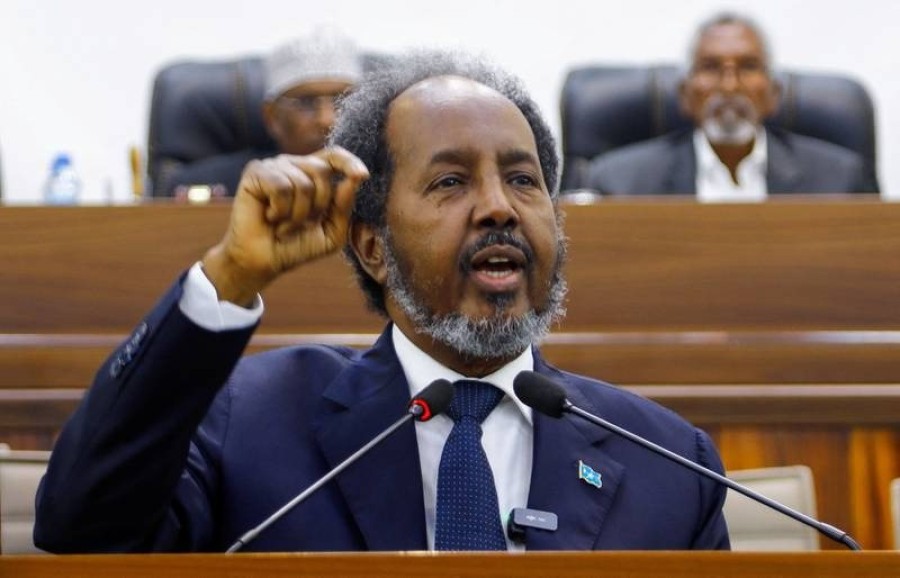Somaliland and Ethiopia port agreement sparks warning from Somali government
09 January, 2024

Somaliland and Ethiopia have signed an agreement that could give Ethiopia access to the sea, sparking fury in Somalia, which summoned its ambassador to Ethiopia on Tuesday.
The deal could see Somaliland lease a 20km stretch of its coastline to the landlocked country of 120 million.
Somalia does not recognise the breakaway region, which seceded amid a violent civil war in 1991.
The agreement would allow Ethiopia to set up commercial operations at a leased military base in Berbera. It also includes recognising Somaliland as an independent nation in due course. On Tuesday, Somalia’s government called an emergency meeting to discuss the decision, reasserting its territorial claim over Somaliland. Afterwards the cabinet called the Ethiopia-Somaliland deal “null and void” and said it “endangered stability and peace in the region”.
President Hassan Sheikh Mohamud’s government said Somaliland, which has a population of about four million people, has no authority to strike deals with foreign governments.
Somaliland President Muse Bihi Abdi said the agreement included a statement that Ethiopia would recognise Somaliland as an independent country shortly, although the deal itself represents de facto recognition.
“Somalia is indivisible. Its sovereignty and territorial integrity is uncompromisable,” Abdirizak Omar Mohamed, the country's Minister of Petroleum and Mineral Resources, said.
In a statement after the meeting, the cabinet said: “It is a violation and an open interference with Somalia's sovereignty, freedom and unity. … The so-called a memorandum of understanding and agreement of co-operation is null and void.”
A Somalian statement posted on the social media platform X, formerly Twitter read: “Ethiopia knows well that it can’t sign a military pact/MOU to lease a port with the regional head of state – that mandate is the prerogative of the Federal Government of Somalia.”
Ethiopia lost its access to the sea when Eritrea seceded in 1993. Ethiopia has been using the port in neighbouring Djibouti for most of its imports and exports.
In October, Ethiopian Prime Minister Abiy Ahmed said his country's existence was “tied to the Red Sea”, adding that: “If we (countries in the Horn of Africa) plan to live together in peace, we have to find a way to mutually share with each other in a balanced manner.”
Somaliland, a former Italian colony, developed a distinct government in its territory during the colonial period until it was taken over by Britain during the Second World War.
After the war, it became a UN trust territory – governed by an interim UN council, until Somalia’s independence in 1960.
Following the 1991 civil war – which followed an insurgency – it approved its own 2001 constitution, printing its currency, the Somaliland shilling.
Source: www.thenationalnews.com
TAG(s):
